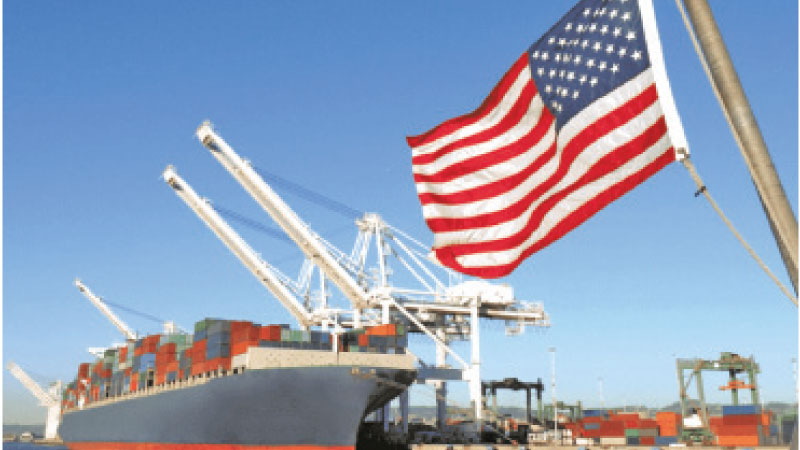Financial market experts and policy analysts made a red flag warning that if Sri Lanka fails to lift all tariffs and para-tariffs on U.S. imports it will be in a catch- 22 situation soon without an exit route to the tariff problem.
“If these tariffs remains we will go into a deep recession – job losses, large scale NPLs (Non performing loans) in the banking sector, widening fiscal deficit and import curbs,” said former Director of the Colombo Stock Exchange and current CEO of JB Securities (Pvt) Ltd. Murtaza Jafferjee.
He said the consequences of the U.S. tariff policy extend well beyond bilateral relations. The first-order effects impact countries directly targeted by tariffs. But second-order effects ripple through global income flows — reduced European and Chinese exports mean lower income and consumption in those regions, which in turn means fewer purchases from Sri Lanka and fewer tourists travelling to our country.
“Third-order effects emerge as these income shocks reverberate through global supply chains and consumer markets further eroding demand for our products and tourist arrivals in Sri Lanka. The cumulative effect risks triggering a global recession—and in some economies, a depression,” he said.
“Financial markets are already under strain. A falling stock market and declining asset prices will further erode consumer and business confidence through the wealth effect, dampening spending and investment. If this continues, pressure will mount on Trump from within his own party and from the ultra-wealthy power brokers who have his ear, Jafferjee said.
However, he said the global disruption could paradoxically present an opportunity for Sri Lanka. By proactively removing all tariffs and para-tariffs on U.S. imports, Sri Lanka could curry favour with Washington and gain market access or concessions in return.
This could be the country’s economic liberation. For decades, 22 million Sri Lankans have borne the burden of unjustified para-tariffs — particularly CESS duties — designed to protect a handful of politically connected families.
These crony capitalists, with strong ties to the political elite, have exploited protectionist policies to enrich themselves at the expense of the public,” Jafferjee said.
Author, conservationist and public policy advocate Rohan Pethiyagoda said US tariffs will take a huge toll on garment exports, where Bangladesh will now have a significant advantage.
“I can’t think of anything we can do to offset the more than USD 1.5 billion deficit in our favour.
Even if we import all our wheat from them, instead of Turkey, it will add up to only $75 million. This will be a major unexpected hit on the economy and one which we cannot do very much about,” he added.









